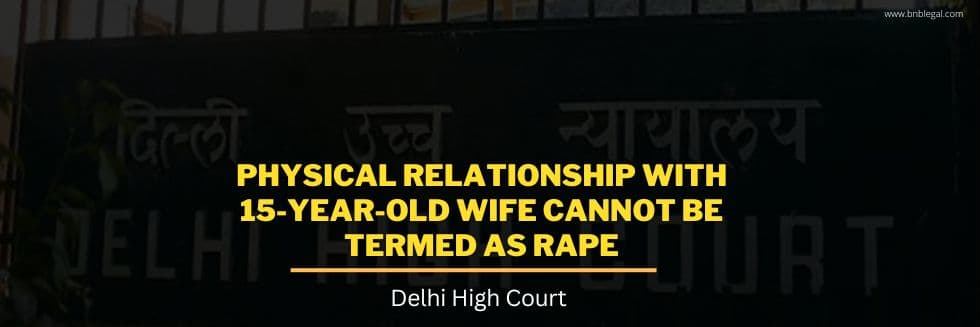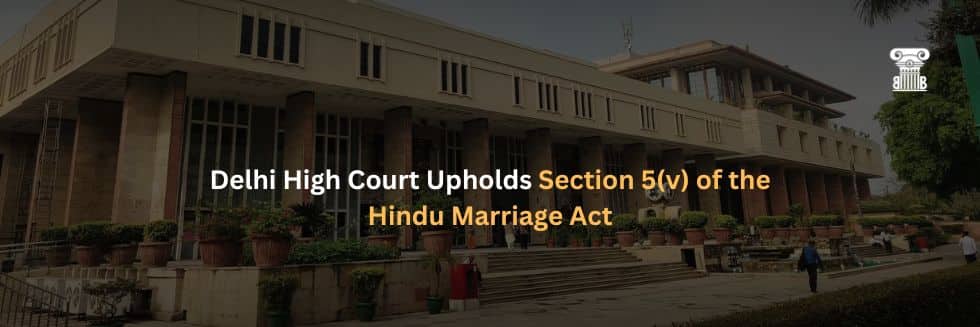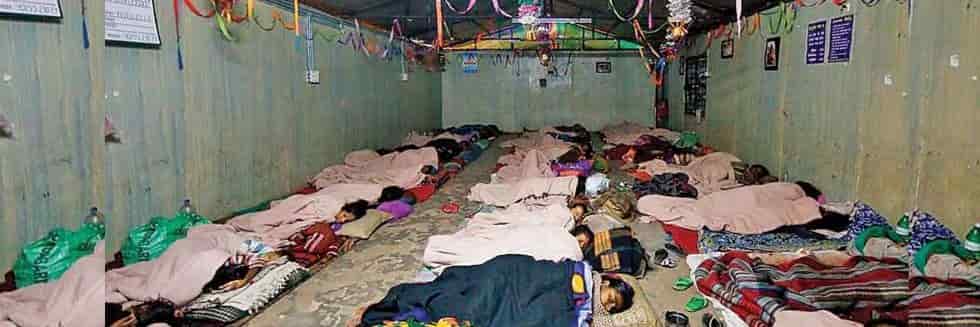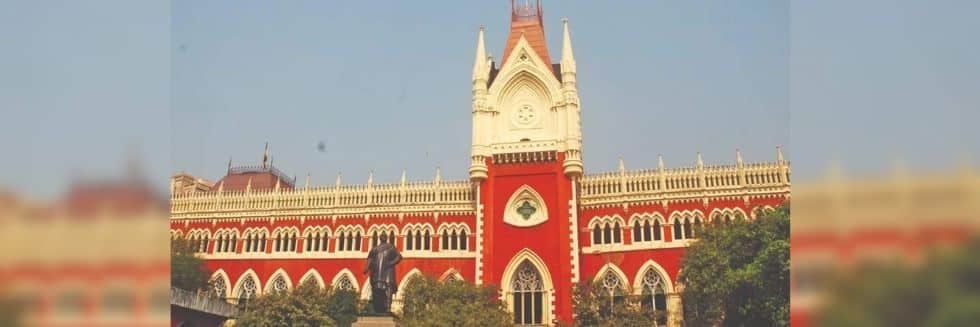Underlining the dire need to have a Uniform Civil Code, Delhi High Court on Wednesday noted that the youth belonging to different communities, tribes, castes, or religions who solemnise their marriage “ought not be forced to struggle with issues” arising due to conflicts in various personal laws.
“In modern Indian society, which is gradually becoming homogenous, the traditional barriers of religion, community, and caste are slowly dissipating,” noted Justice Pratibha M Singh.
Article 44 Of The Constitution
“The hope expressed in Article 44 of the Constitution that the State shall secure for its citizens Uniform Civil Code ought not to remain a mere hope. The Supreme Court had in 1985 directed that the judgment in Ms Jordan Diengdeh be placed before the Ministry of Law to take appropriate steps. However, more than three decades have passed since then and it is unclear as to what steps have been taken in this regard till date,” noted Justice Singh.
Need To Eliminate Conflicts And Contradictions
“Citizens should not be made to struggle due to conflicts and contradictions in various personal laws on the issues of marriage and divorce, highlighting that “courts have been repeatedly confronted with the conflicts that arise in personal laws. Persons belonging to various communities, castes, religions who forge marital bonds, struggle with such conflicts,” said Justice Singh.
What is Uniform Civil Code?
Uniform Civil Code means to design a common law that will be applicable to all religious communities in matters such as marriage, divorce, inheritance, and adoption.
These personal laws include Hindu Marriage Act, Hindu Succession Act, Indian Christian Marriages Act, Indian Divorce Act, Parsi Marriage and Divorce Act, etc.
Delhi High Court made these observations while hearing a plea in connection to the applicability of HMA to the couple who belongs to the Meena community, a Scheduled Tribe in Rajasthan.
The husband had filed a divorce petition under Section 13(1) of HMA. The family court rejected the plea on the grounds that HMA is not applicable to the Meena community.






